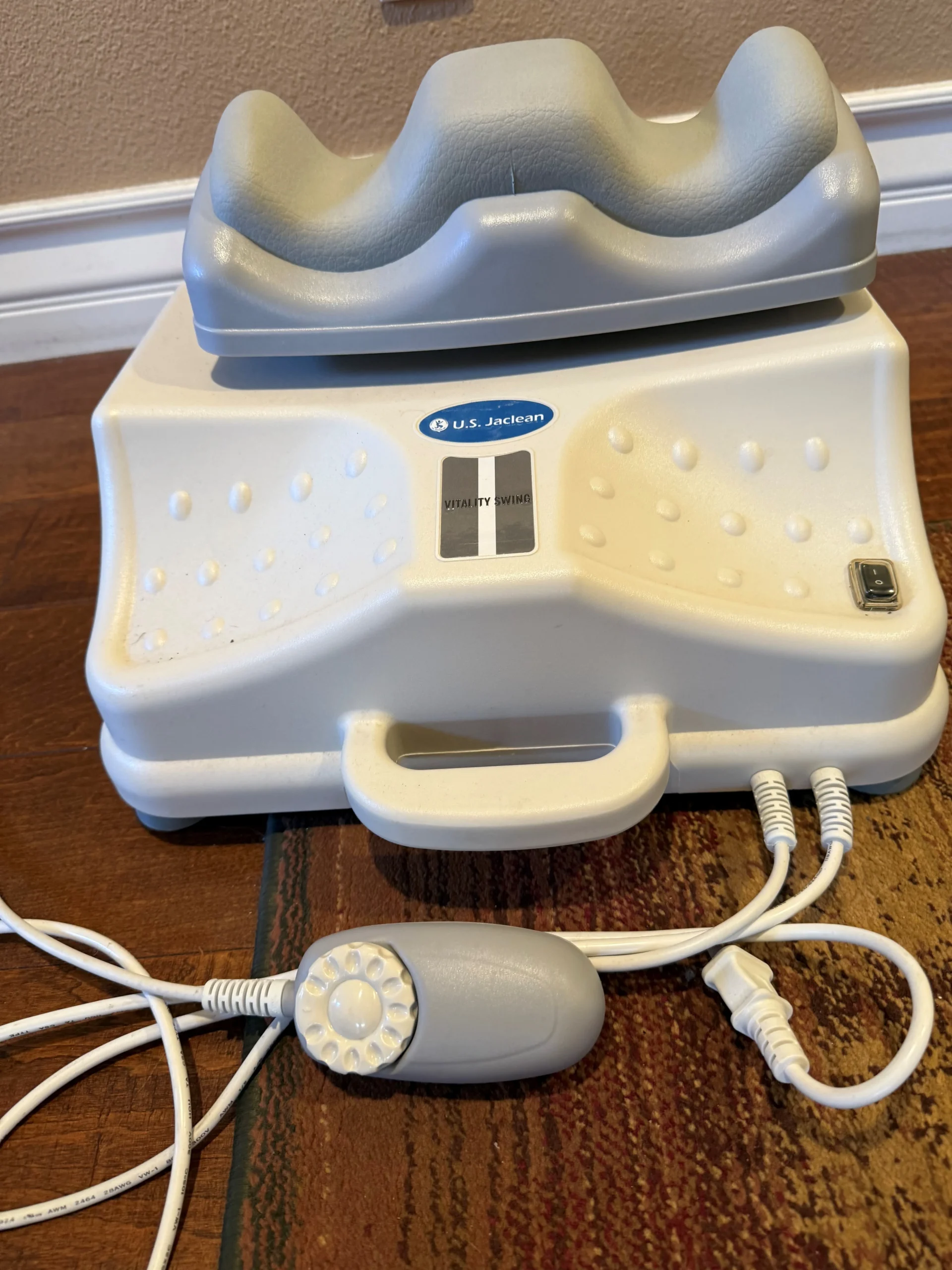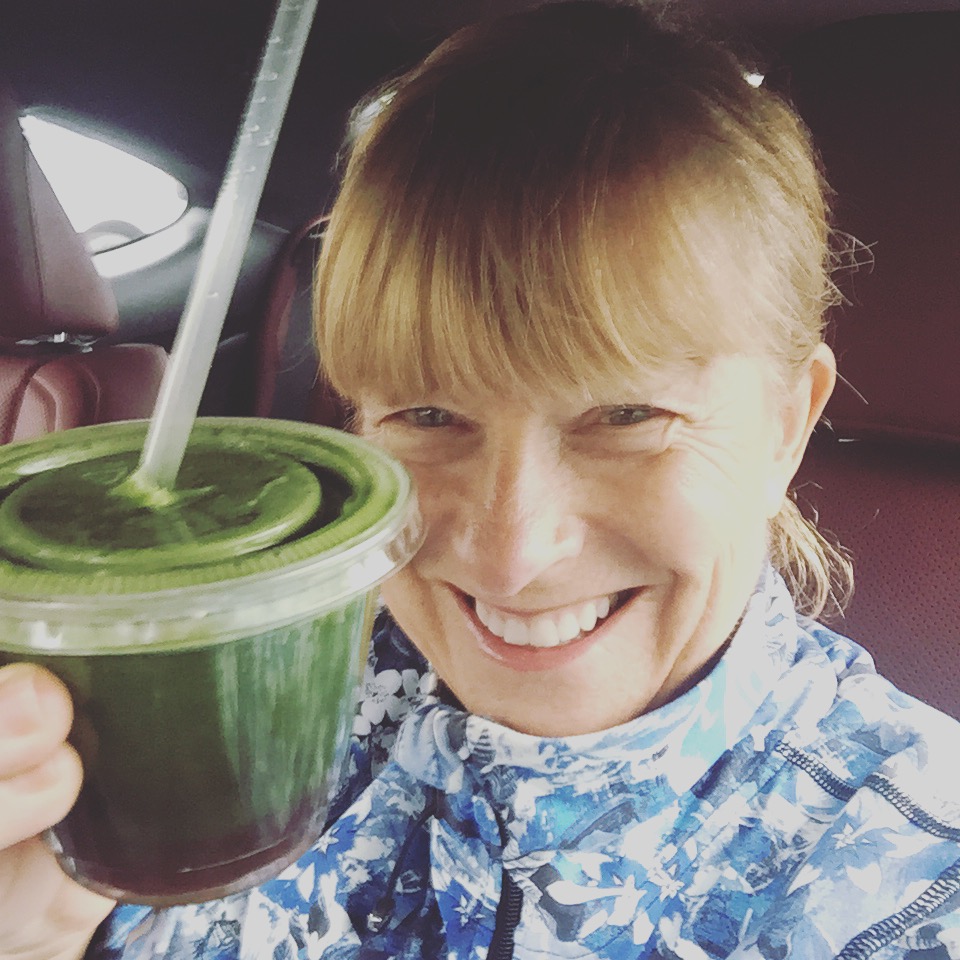 Chewing your food serves as the first step in your digestive process. Chew until your mouthful of food is liquefied. The way you chew, including how long you chew, can significantly impact your health in ways you likely never knew…
Chewing your food serves as the first step in your digestive process. Chew until your mouthful of food is liquefied. The way you chew, including how long you chew, can significantly impact your health in ways you likely never knew…
Here are four reasons to chew your food correctly:
1. Chewing Absorbs More Nutrients
Chewing breaks your food down from large particles into smaller particles that are more easily digested. This also makes it easier for your intestines to absorb nutrients and energy from the food particles as they pass through, while also preventing improperly digested food from entering your blood and causing a wide range of adverse effects to your health.
2. Salivary digestive enzymes work better.
The longer you chew, the more time these enzymes have to start breaking down your food, making digestion easier on your stomach and small intestine
3. Chewing process predigests your food into small pieces and partially liquefies it, making it easier to digest.
4. When large particles of improperly chewed food enter your stomach, it may remain undigested when it enters your intestines. There, bacteria will begin to break it down, or in other words it will start to putrefy, potentially leading to gas and bloating, diarrhea, constipation, abdominal pain, cramping and other digestive problems





























